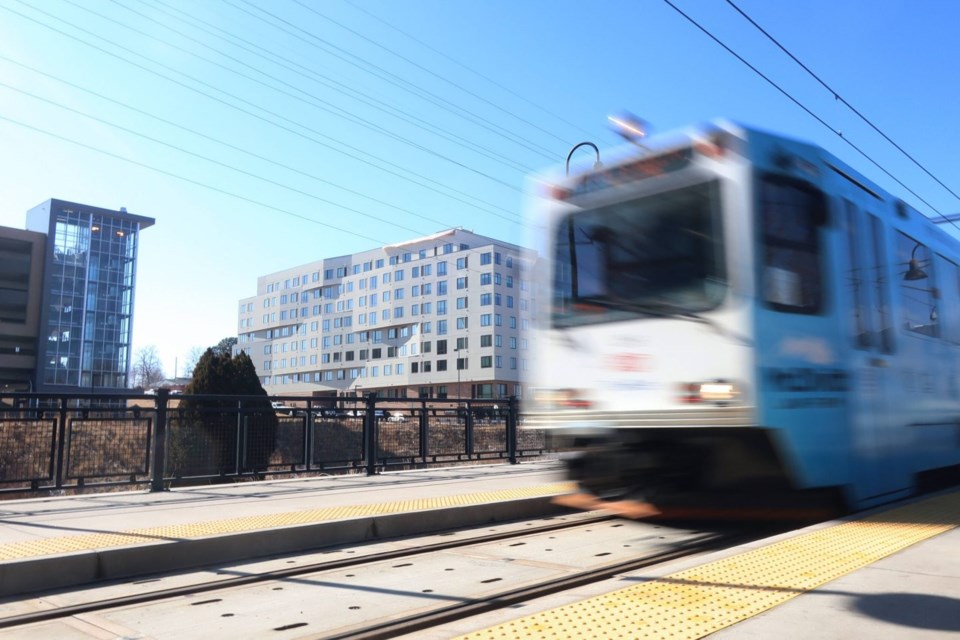Editor’s note: This story was originally published by Colorado Public Radio and was shared via AP StoryShare.
A bill that will give the Regional Transportation District more power to lower fares and raise new revenue for itself cleared its final legislative hurdle Monday.
The legislation now goes to Gov. Jared Polis. A spokeswoman for his office did not immediately say whether he would sign it.
The bill builds on recommendations from the RTD accountability committee the governor and other state leaders convened in 2020. Committee leaders and legislative sponsors say none of the provisions in the bill amount to major changes, but collectively they give RTD more power to make decisions for itself.
"There are restrictions in place on RTD that make it so they are forced to take actions that don't make sense for the people they are trying to serve,” state Sen. Jeff Bridges, D-Greenwood Village, said at a committee hearing last week.
The bill is meant to change that. It would:
Repeal a requirement that RTD receive 30 percent of its revenue through fares. Without that requirement, RTD would have wider latitude to lower fares
Repeal limits on RTD’s ability to charge parking fees at its facilities. RTD can now only charge residents that live within its boundaries if they park for longer than 24 hours.
Repeal a limit on transit-oriented development near stations. Now, RTD can contract with other entities to allow for businesses and housing at its transit stations, but only if they do not reduce transit service, adequate parking, or result in competitive disadvantages for nearby businesses. The bill would remove the latter two provisions.
Give RTD more flexibility to contract out more of its services. RTD would be allowed to contract with nonprofits and local governments. And a cap of 58 percent of contract vehicle services would be removed, except for fixed-route bus service.
Remove the limit on the amount of service RTD can allow to be provided by third parties.
The RTD board, a body of independent elected officials that governs RTD, endorsed the bill in March.


.jpg;w=120;h=80;mode=crop)
